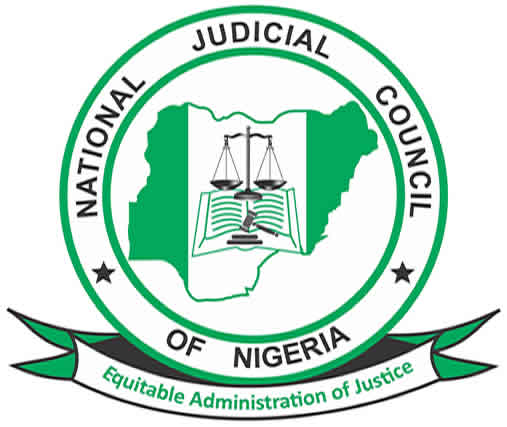The National Judicial Council (NJC) has dismissed four petitions filed against Justice Peter Odo Lifu of the Federal High Court, Abuja, regarding his rulings on political matters related to Rivers State. The allegations, which accused the judge of accepting bribes, including $1 million, a bulletproof car, and a plot of land, were found to be baseless after the petitioners failed to appear and substantiate their claims before the NJC probe panel.
The petitions, initially filed by Chief Emeka Beke, Chairman of the All Progressives Congress (APC) in Rivers State, were based on claims that Justice Lifu had been improperly influenced in his decisions. However, when the judge appeared before the NJC, the petitioners did not show up to provide evidence of the bribery allegations. As a result, the NJC concluded that the petitions were unsubstantiated and dismissed them.
The NJC’s report outlined that one of the petitioners, Mr. Douglas W. Chukwu, Secretary of the Rivers State Independent Electoral Commission, had previously expressed interest in participating in the hearing but failed to appear, leading to the rejection of his petition. Additionally, the NJC found that the allegations of inducement involving a bulletproof car and land were unfounded. It also noted that the petitioners had not disclosed a related case at the Rivers State High Court, indicating potential forum shopping.
Furthermore, the NJC dismissed two additional petitions from Abednego Oli Benjamin, Chairman of the Boot Party in Rivers State, who had also accused Justice Lifu of bribery and misconduct in ex parte orders. The NJC found no evidence to support these claims, and the ex parte orders are now subjects of ongoing appeals.
In its ruling, the NJC stressed that the petitioners’ allegations were unfounded, and that the judge had not acted with personal interest or misconduct. The Council also made it clear that it would report any legal practitioners involved in filing frivolous petitions aimed at discrediting judicial officers to the Legal Practitioners’ Disciplinary Committee (LPDC) or the Legal Practitioners’ Privileges Committee (LPPC) for further action.




